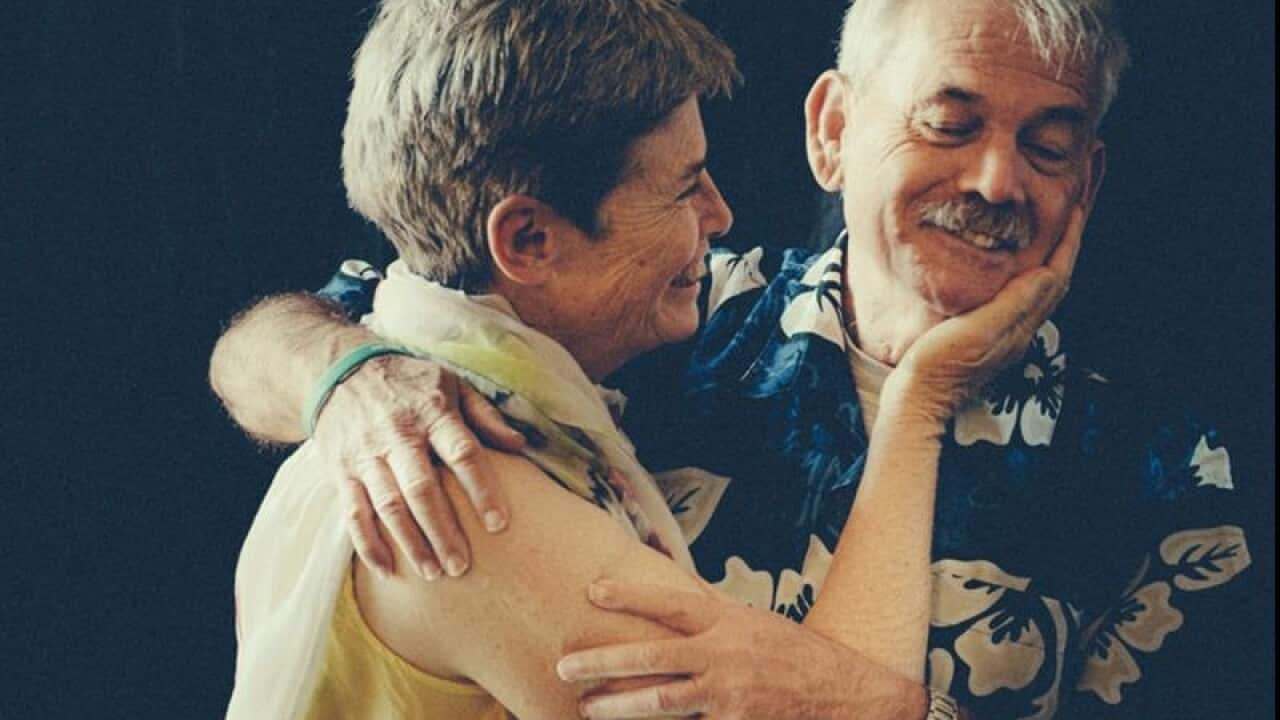After a 35-year career working as an educator and school principal, John Quinn was diagnosed with younger onset dementia at the age of 59.
The diagnosis had a major impact on his identity, particularly his sense of what it means to be a man because "I'd been brought up in a generation where men had to be the breadwinner".
"Being in a position of authority and then having no job had a big impact on me," said Mr Quinn.
"The first thing I felt was shame, I felt ashamed because I could no longer look after my family."
It's not an uncommon issue facing this generation of men with dementia, said Mr Quinn, who now travels the globe talking about his experience.
"When I interviewed a number of other males, ranging in age from their mid 40s to late 60s, they had similar issues they shared with me," he said.
"One gentleman I spoke to was a handyman and one of the things that impacted upon him greatly was the fact that he had to sit there and watch other handymen do the work that he normally did.
"That had a major impact on him as a male," said Mr Quinn.
Approximately 425,000 Australians live with dementia, and this figure is expected to increase to one million by 2050.
Speaking at last week's 2018 International Dementia Conference in Sydney, Mr Quinn - who has a rare genetic form of dementia known as Familial Alzheimer's disease (FAD) - called for an end to the stigma attached to the disease.
A person - man or woman - is more than their diagnosis, he said.
"We need to tackle the stereotype out there, of what a person with dementia looks like," he said.
"I am more than my diagnosis, I am still John and that's how people with dementia want to be viewed as," he said.
People can still live well with dementia but they need more support in order to have hope, said Mr Quinn.
"I want to inform the service providers, the organisations that work with people with dementia that what they need to do is look at the person, look at their histories, what they did before they got the diagnosis.
"Look at us as people, build up our self-esteem, support us," he said.
One strategy he recommends is for carers to focus on the skills people with dementia still have.
"There are things that I can still do, I can still speak, I can still read but there are certain things I can't do."

